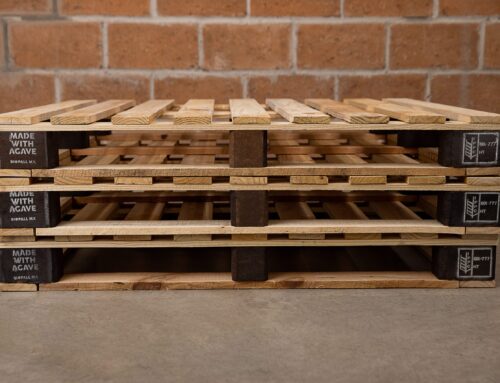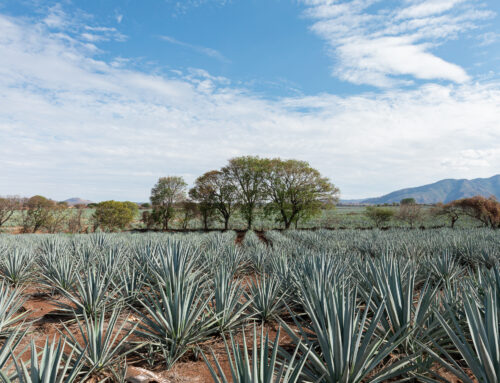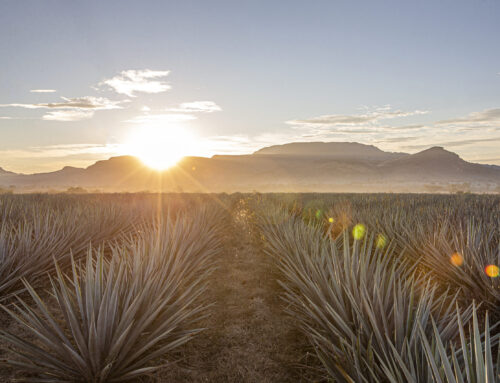We Embrace the UN’s 2030 Sustainable Development Agenda.


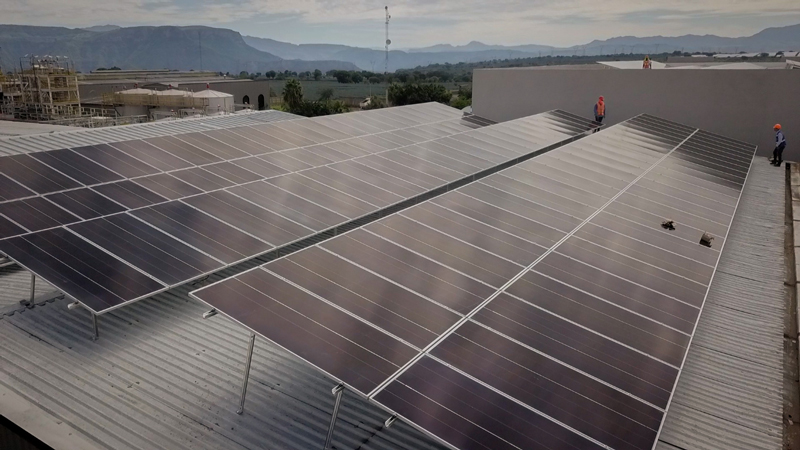
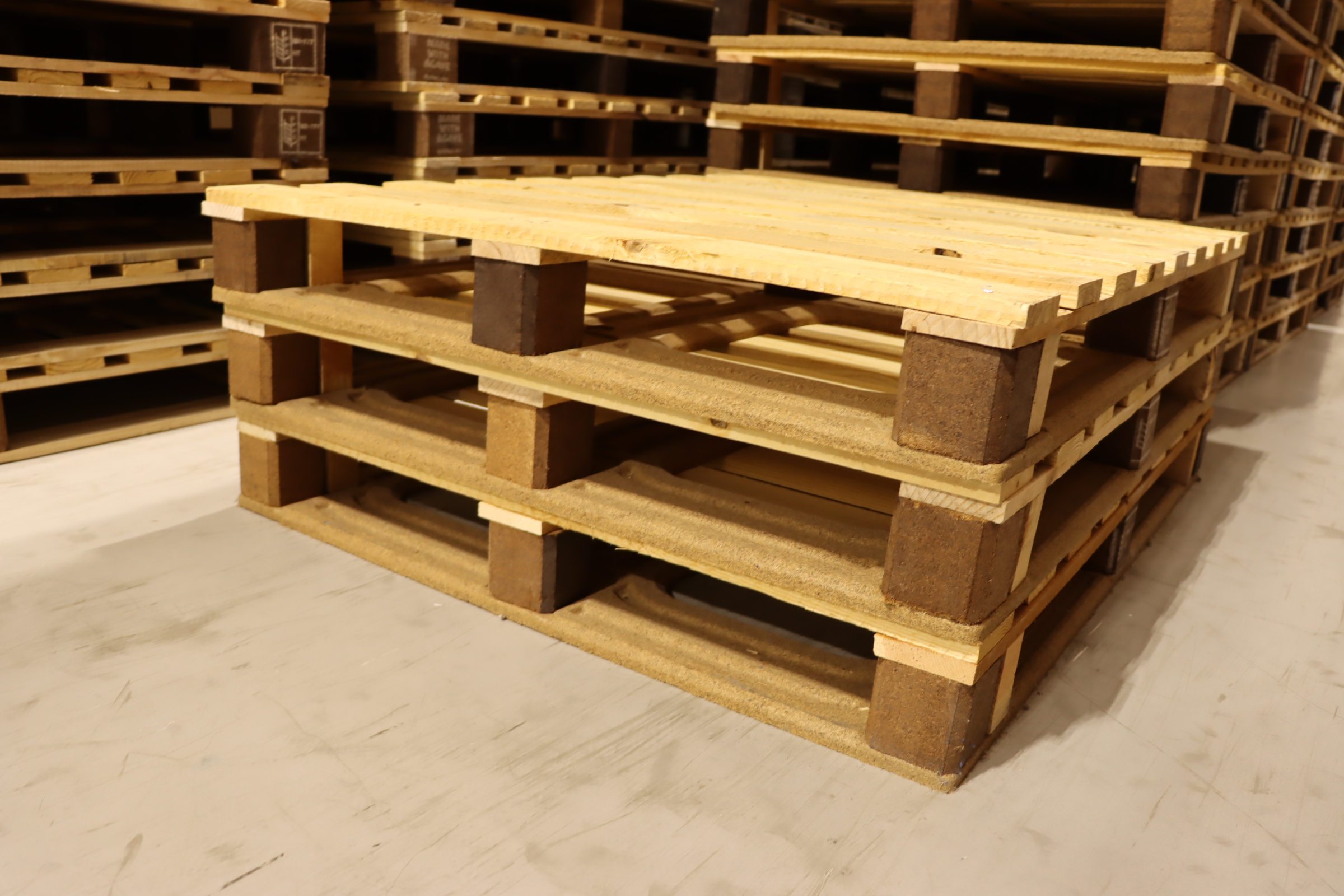
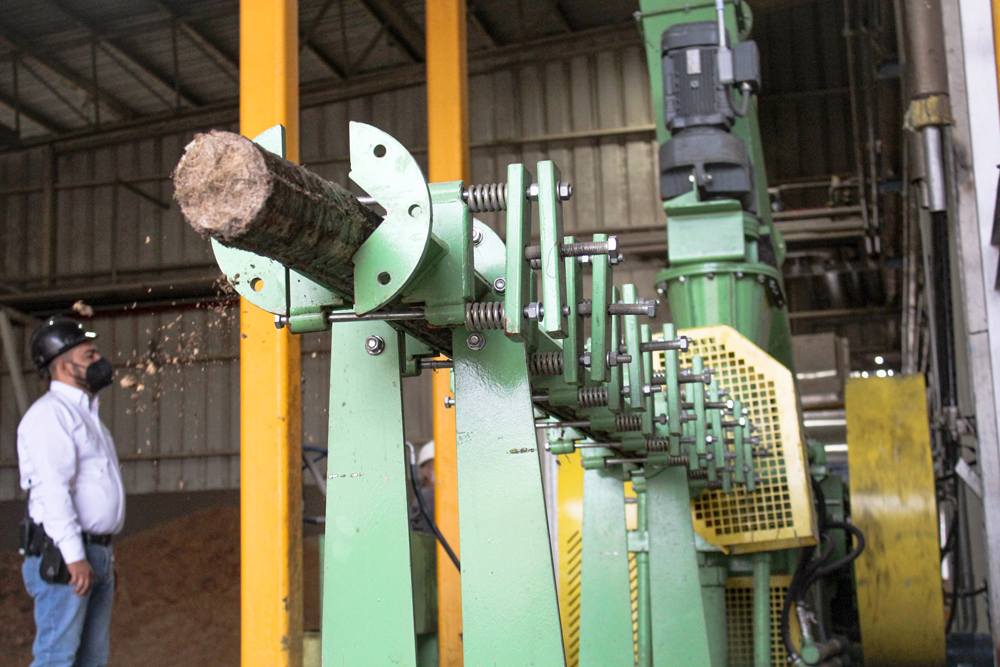
The future of economic growth is inevitably linked to sustainability. Embracing sustainable practices in industries contributes to mitigating environmental degradation and fostering long-term economic prosperity. Businesses that prioritize this paradigm shift not only promote a healthier planet but also position themselves strategically in an evolving global landscape, where conscious consumer choices and regulatory frameworks increasingly favor environmentally and socially sustainable practices.
Recognizing the urgent need for collective action, we have adopted the United Nations 2030 Sustainable Development Agenda, contributing to 12 of the 17 Sustainable Development Goals (SDGs) set by the UN’s 2030 Agenda.
What are the UN’s Sustainable Development Goals?
The SDGs were adopted by the United Nations in 2015 as a universal call to action to protect the planet and ensure that by the year 2030 all people enjoy peace and prosperity; they encompass the initiatives that were designed to enhance the well-being of the planet and its people over the next 15 years. The SDGs aim to end poverty, hunger, AIDS, and discrimination against women and girls. All 17 SDGs are integrated, meaning that action in one SDG will have a positive outcome in the others. The SDGs are listed as follows:
- No poverty
- Zero hunger
- Good health and well-being
- Quality education
- Gender equality
- Clear water and sanitation
- Affordable and clean energy
- Decent work and economic growth
- Industry, innovation, and infrastructure
- Reduced inequalities
- Sustainable cities and communities
- Responsible consumption and production
- Climate action
- Life below water
- Life on land
- Peace, justice, and strong institutions
- Partnerships for the goals
Grupo Solave’s contribution to the UN’s 2030 Agenda
Grupo Solave’s Sustainability Plan is dedicated to providing environmentally friendly Agave Solutions that harmonize with their surroundings. Through production processes that adhere to both national and international regulatory requirements, we ensure the responsible use of resources to minimize its environmental footprint through its entire value chain. Here are some of our key initiatives:
- SDG6: Clean Water and Sanitation – We work to reduce the extraction of water from aquifers and invest in water treatment projects, in addition to the treatment of vinasses through a system of oxidation lagoons, which helps us eliminate the organic load from them, leaving the vinasses with a higher PH, suitable for reuse in composting centers.
- SDG7: Affordable and Clean Energy – By investing in biofuels and waste recycling, our goal is to send zero non-hazardous waste to landfills, in addition to reducing our carbon footprint. Likewise, the control and implementation of green energies (721 solar panels) to reduce emissions into the atmosphere (CO2) and the use of renewable energies, having lower consumption for energy distribution centers.
- SDG 1, 2 and 8: No Poverty; Zero Hunger; Decent Work and Economic Growth – In our operations, we advocate for equality, gender equity, transparency, and respect. We strictly prohibit forced labor and child labor, actively engaging in solutions to improve working conditions and the lives of our employees and their families. We have participated in the sponsorship of sporting events whose proceeds are used to provide educational scholarships to women from elementary to high school level. These commitments involve investing in projects that benefit the community.
- SDG9: Industry, Innovation, and Infrastructure – We ensure optimal conditions for the natural growth of our Agave plants, combating soil erosion and ensuring traceability and organic quality. This commitment positions us as one of the leading Agave producers worldwide.
- SDG 12: Responsible Production and Consumption – We utilize biogas cogeneration in our boilers to decrease fuel purchases. We reduce the amount of solids in vinasse to optimize the treatment process and vinasse storage space utilization.
- SDG13: Climate Action – We work to incorporate clean and renewable energy sources to reduce the impact of our energy consumption.
- SDG15: Life on Land Ecosystems – We engage in reforestation actions in our community to restore endemic forestry to the region. Additionally, we promote ecological alternatives for packing and packaging materials, such as our transition to biopallets, which are produced using 70% agave bagasse and 30% wood sourced from sustainable forests and are certified by the Forest Stewardship Council. The agave bagasse used to make the biopallets is recovered from our plant’s production processes, providing an eco-friendly option that has a growing popularity in the industry.
- SDG17: Partnerships for the Goals – We offer Agave Solutions to more than 30 countries, creating commercial partnerships with clients on four continents. Moreover, we strategically locate ourselves in Europe and North America to ensure a mutually beneficial business relationship.
The SDGs were shaped through multidisciplinary contributions from around the world, involving a global consultation with scientists, academics, the private sector, and citizens at large. The creativity, know-how, technology, and financial resources from all of society are necessary to achieve results, that is why the 17 SDGs aim to engage governments, businesses, civil society, and individuals alike. As a company committed to social responsibility, we contribute to this noble endeavor through our operations, cooperating with employees, clients, and suppliers, and underscoring our commitment to our country, our people, our Agave fields, and our community.
Learn more about our sustainable projects: https://gruposolave.com/our-commitment/

